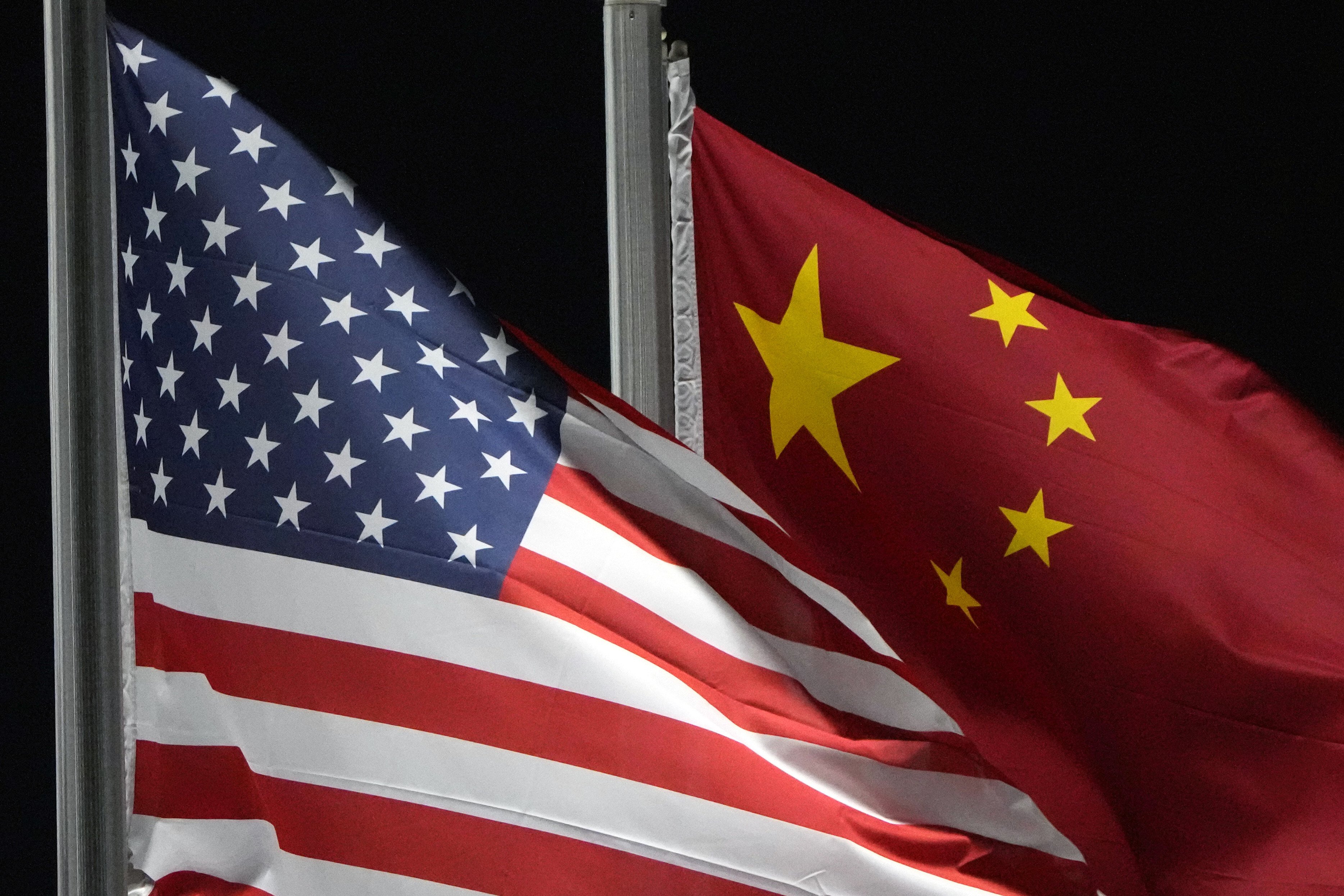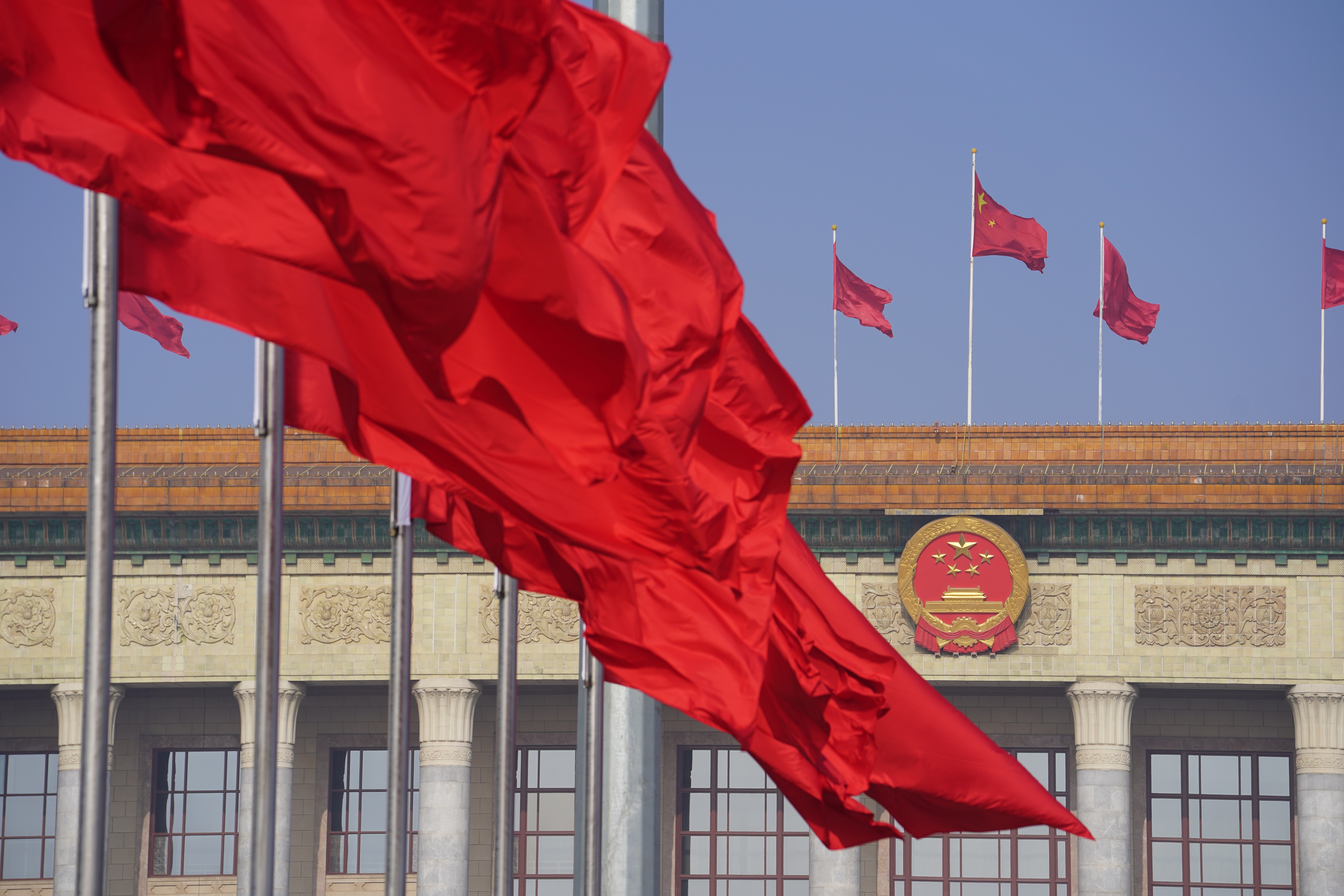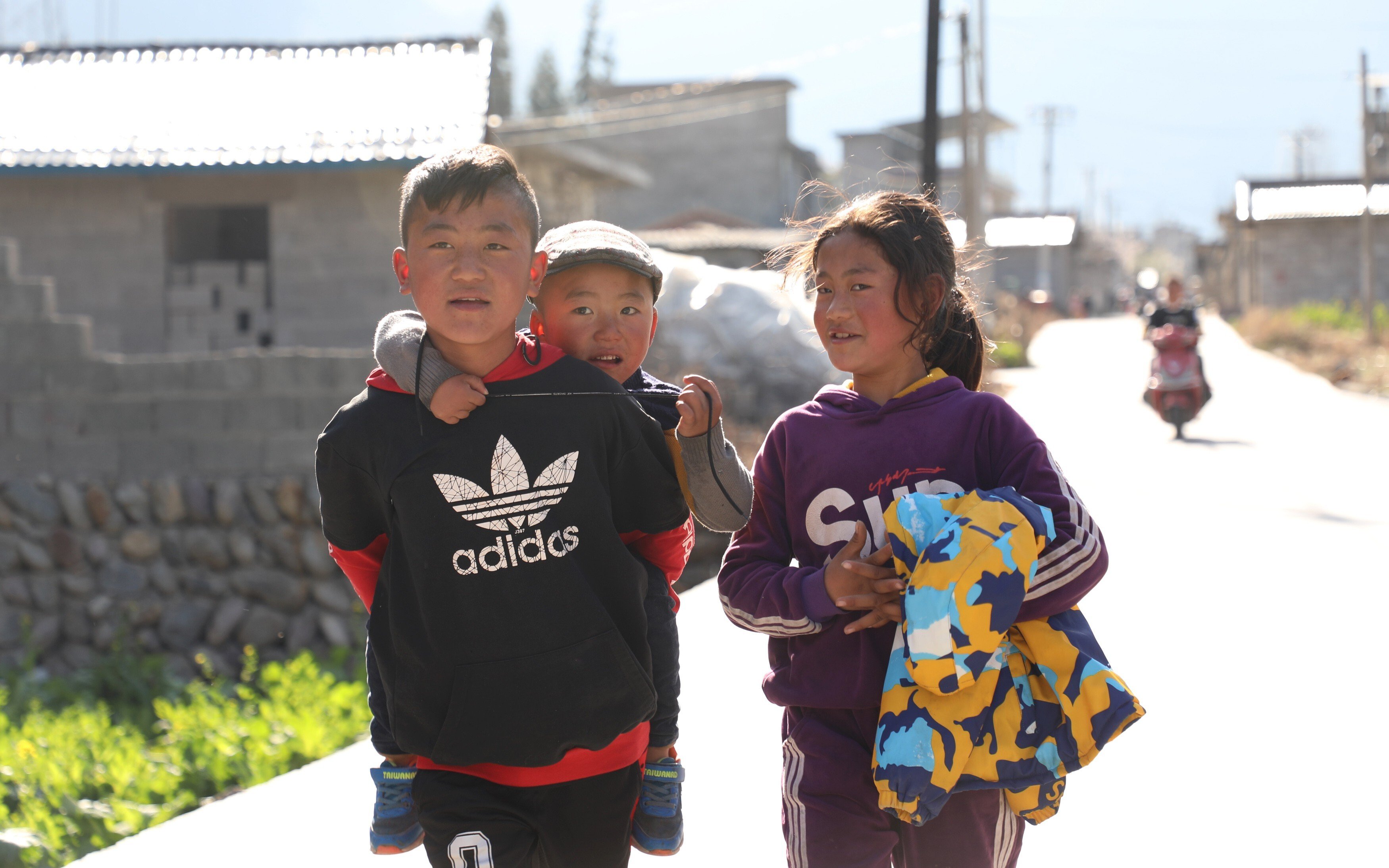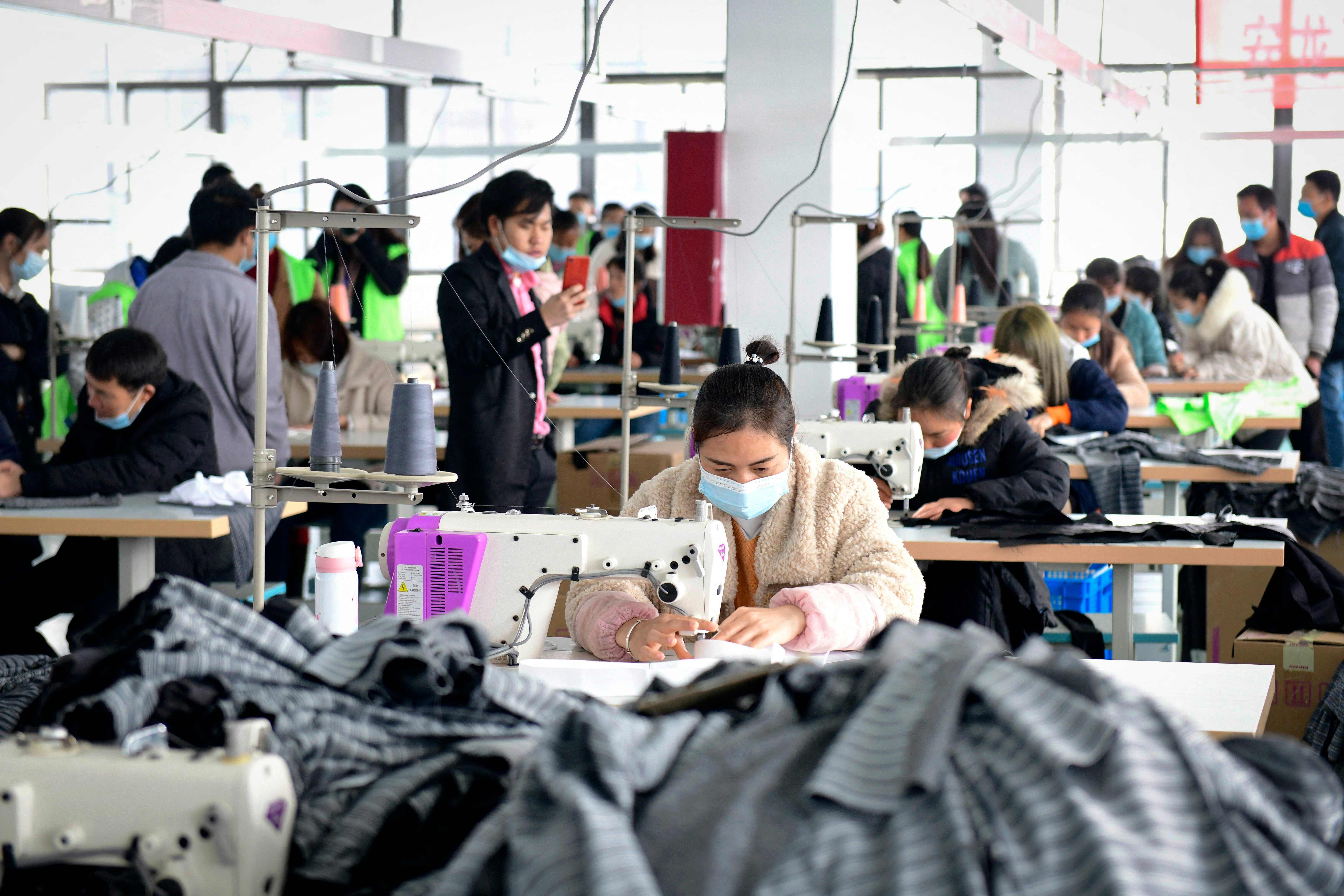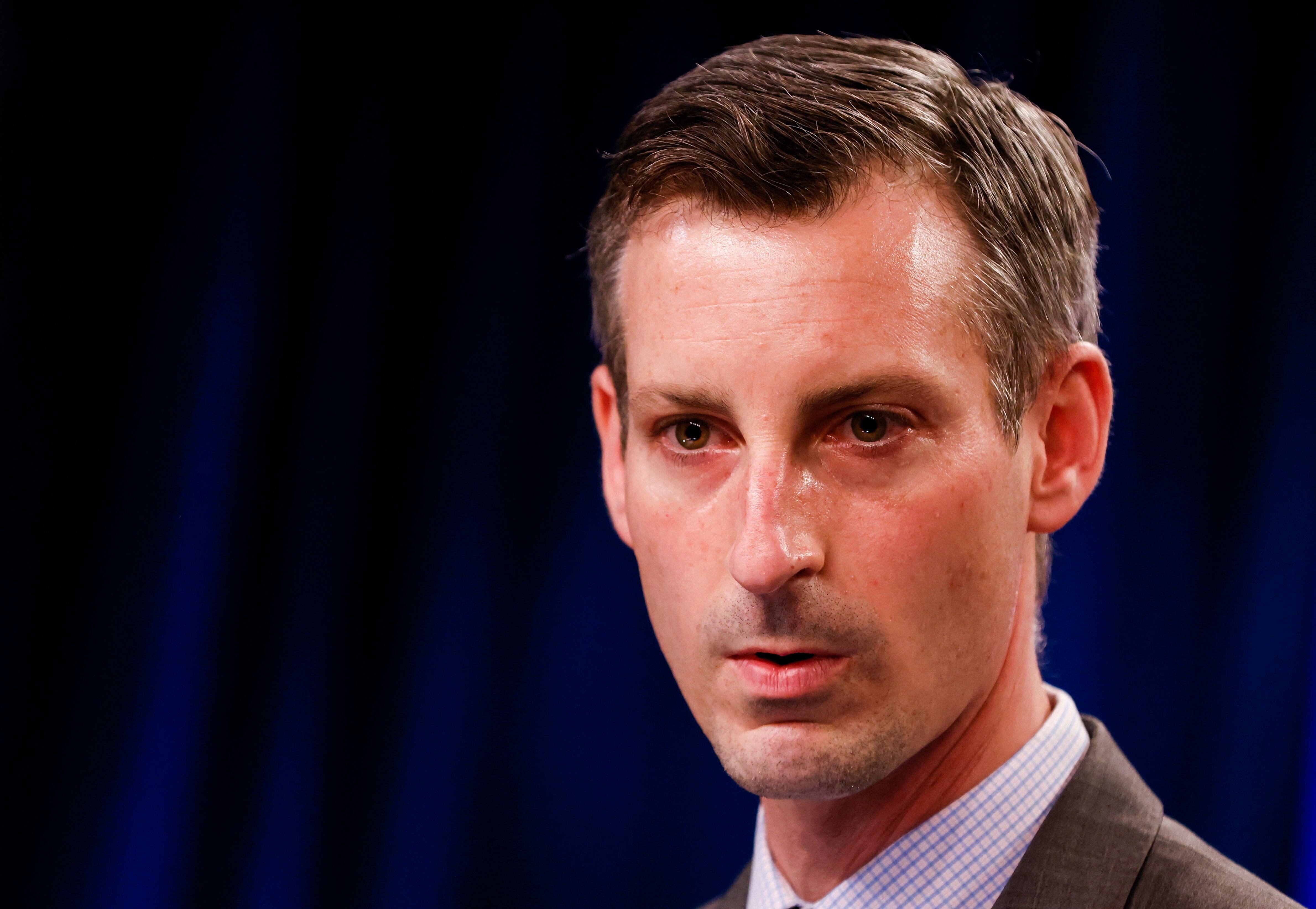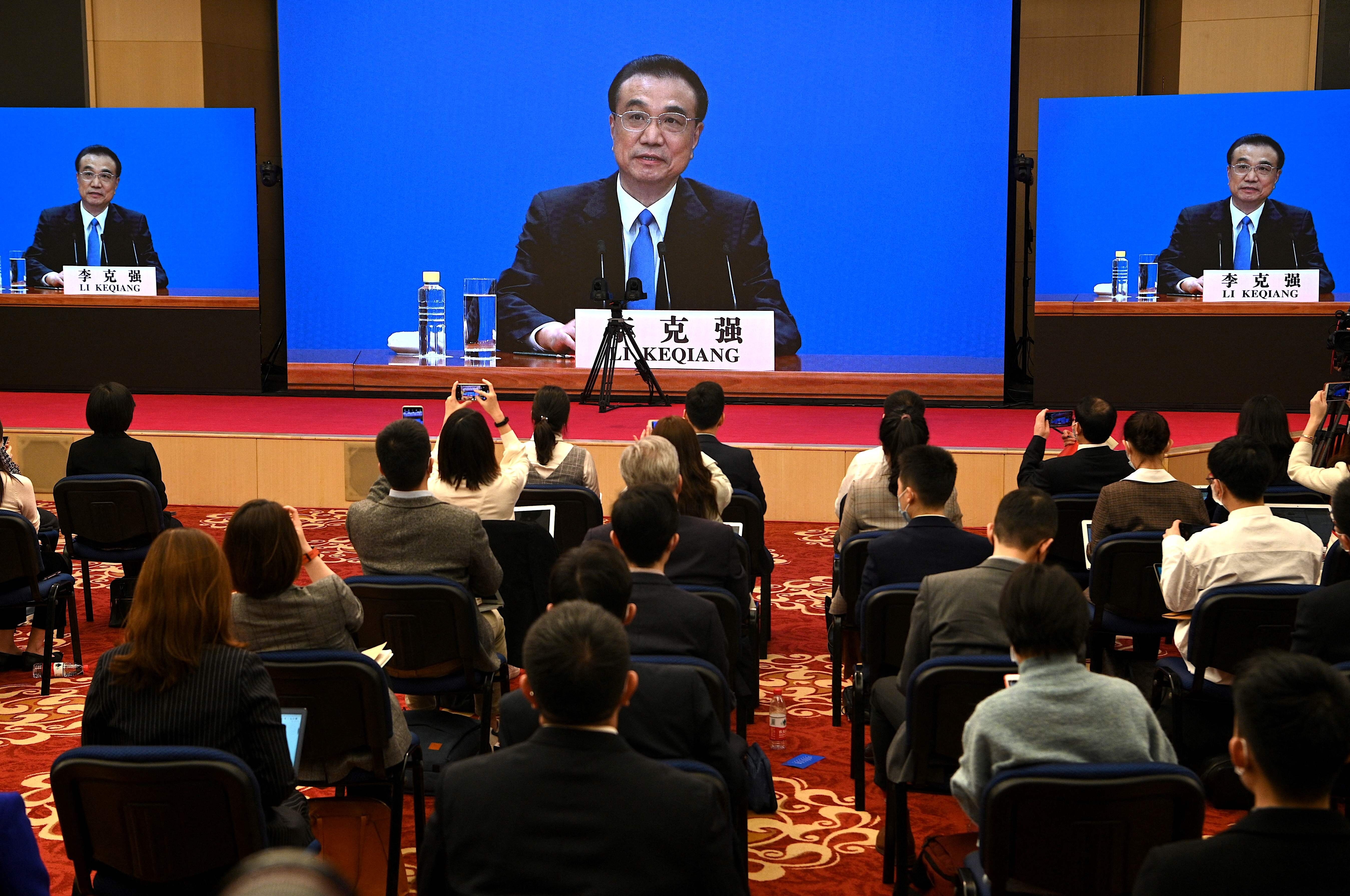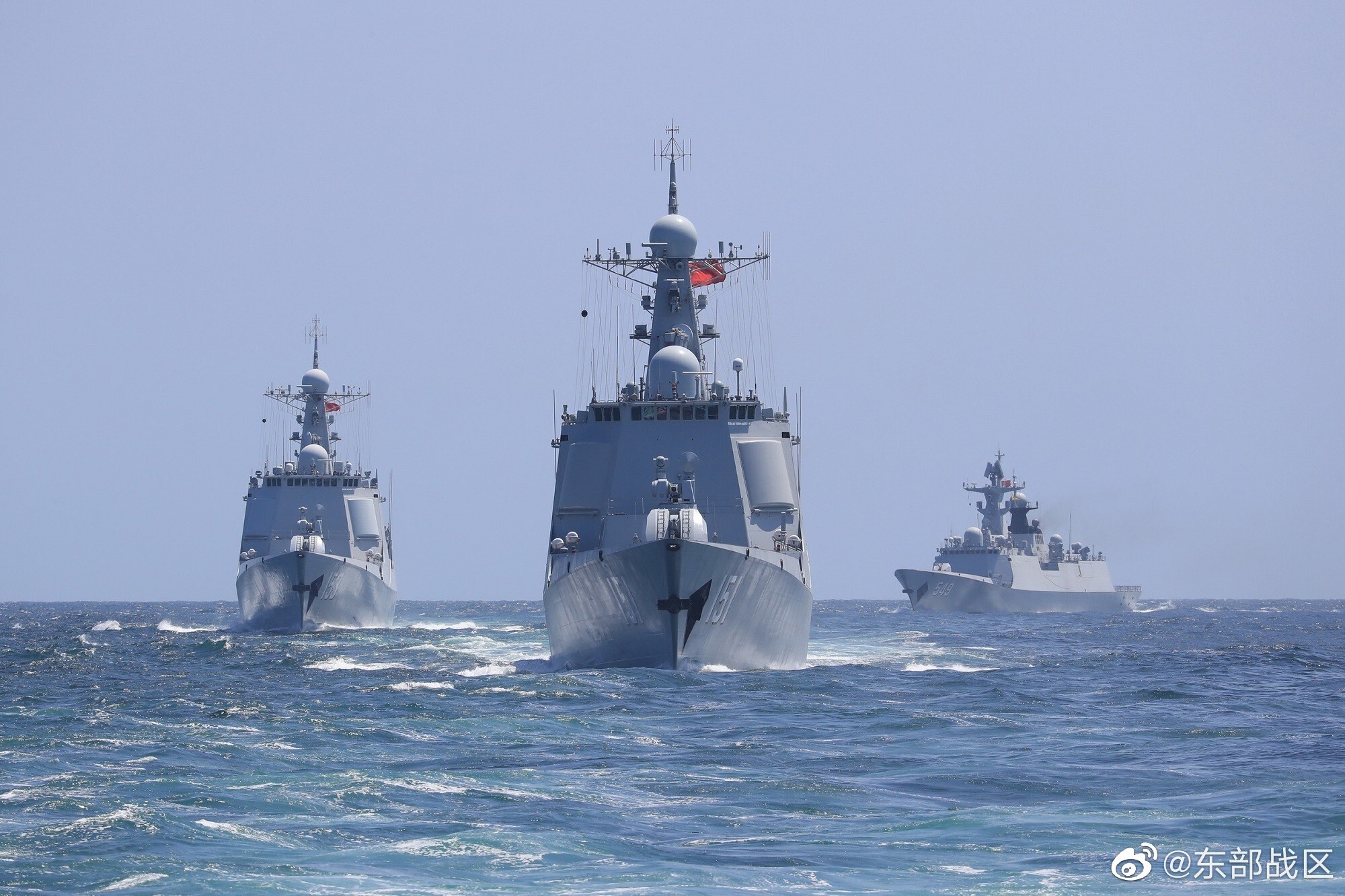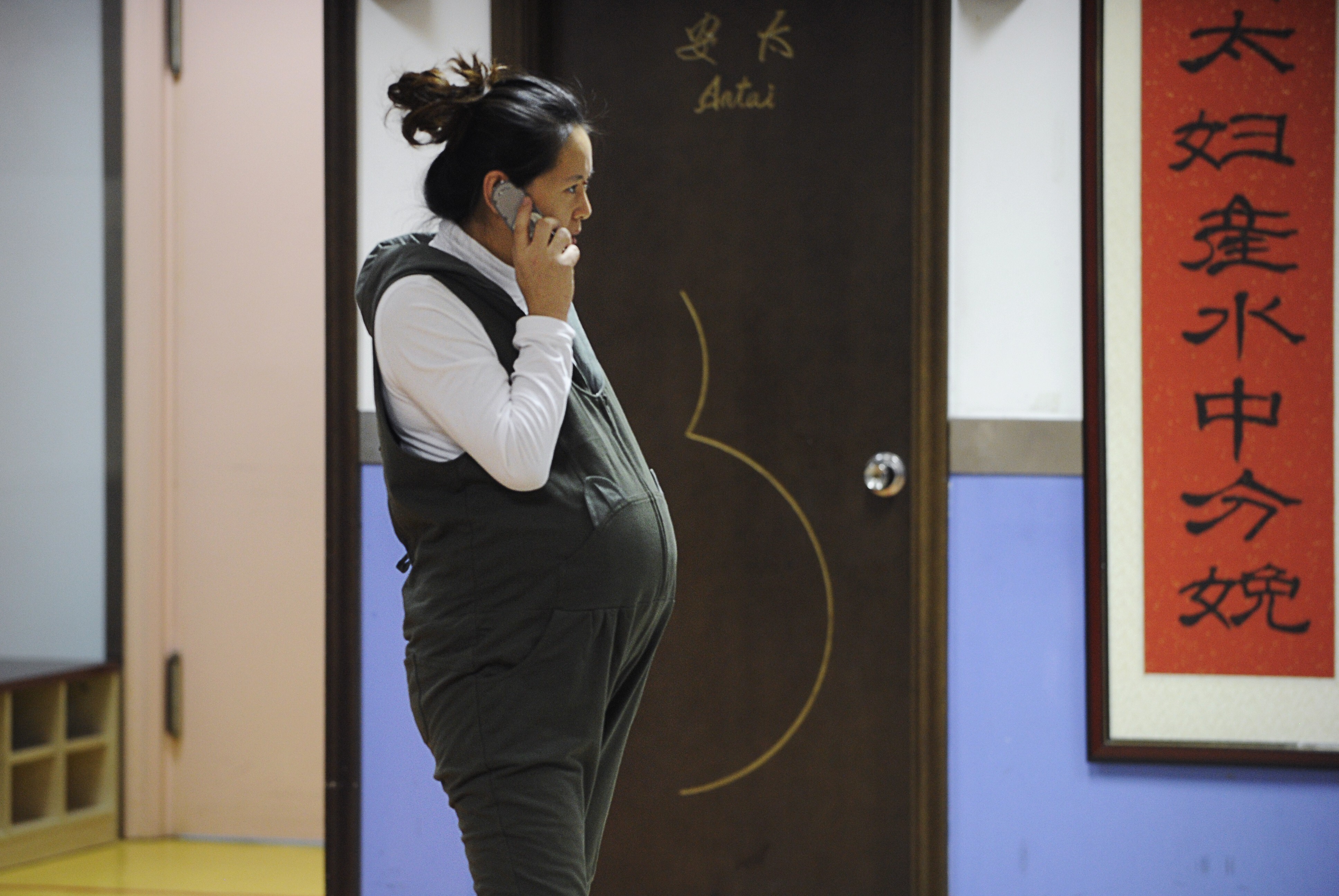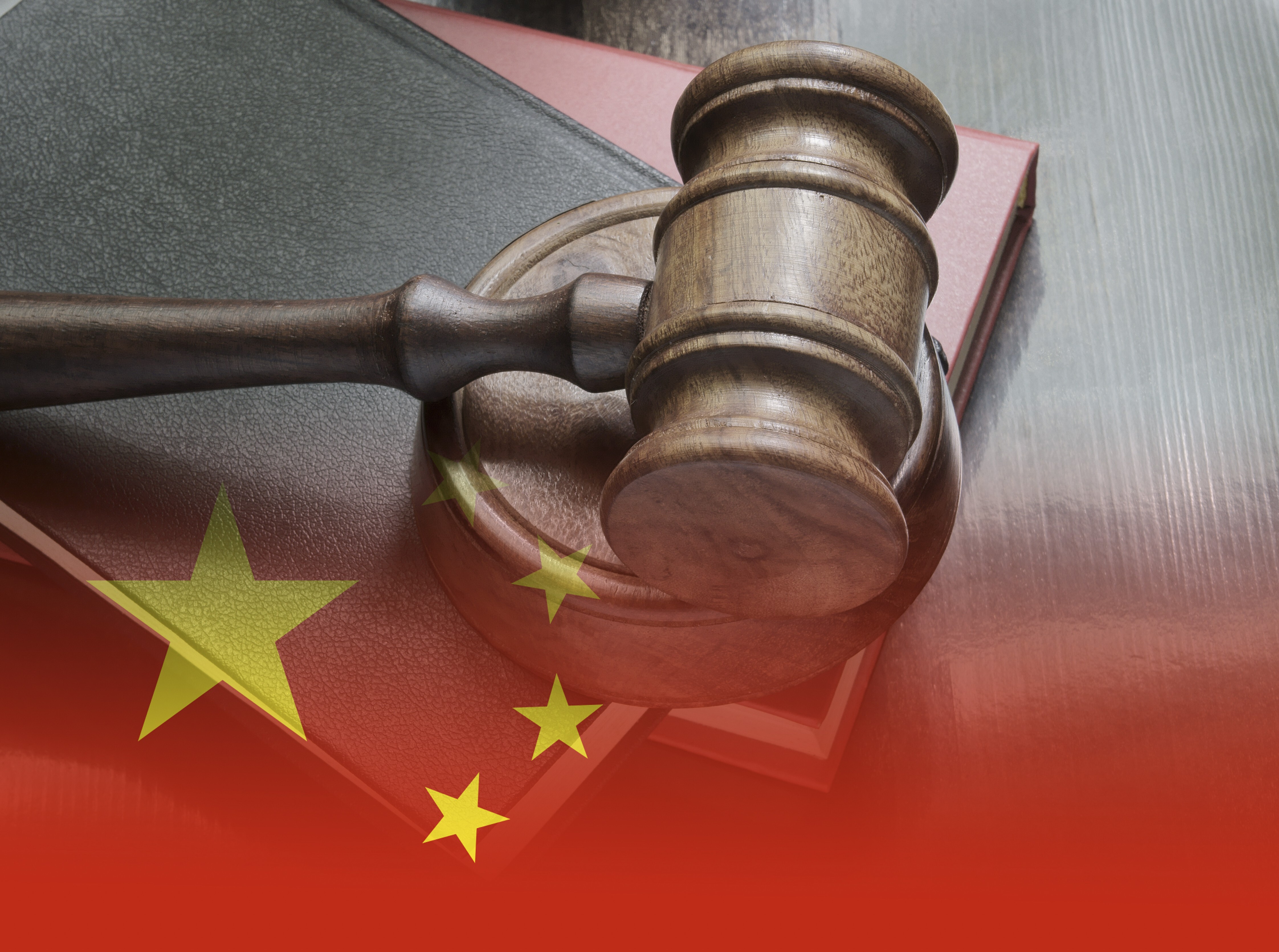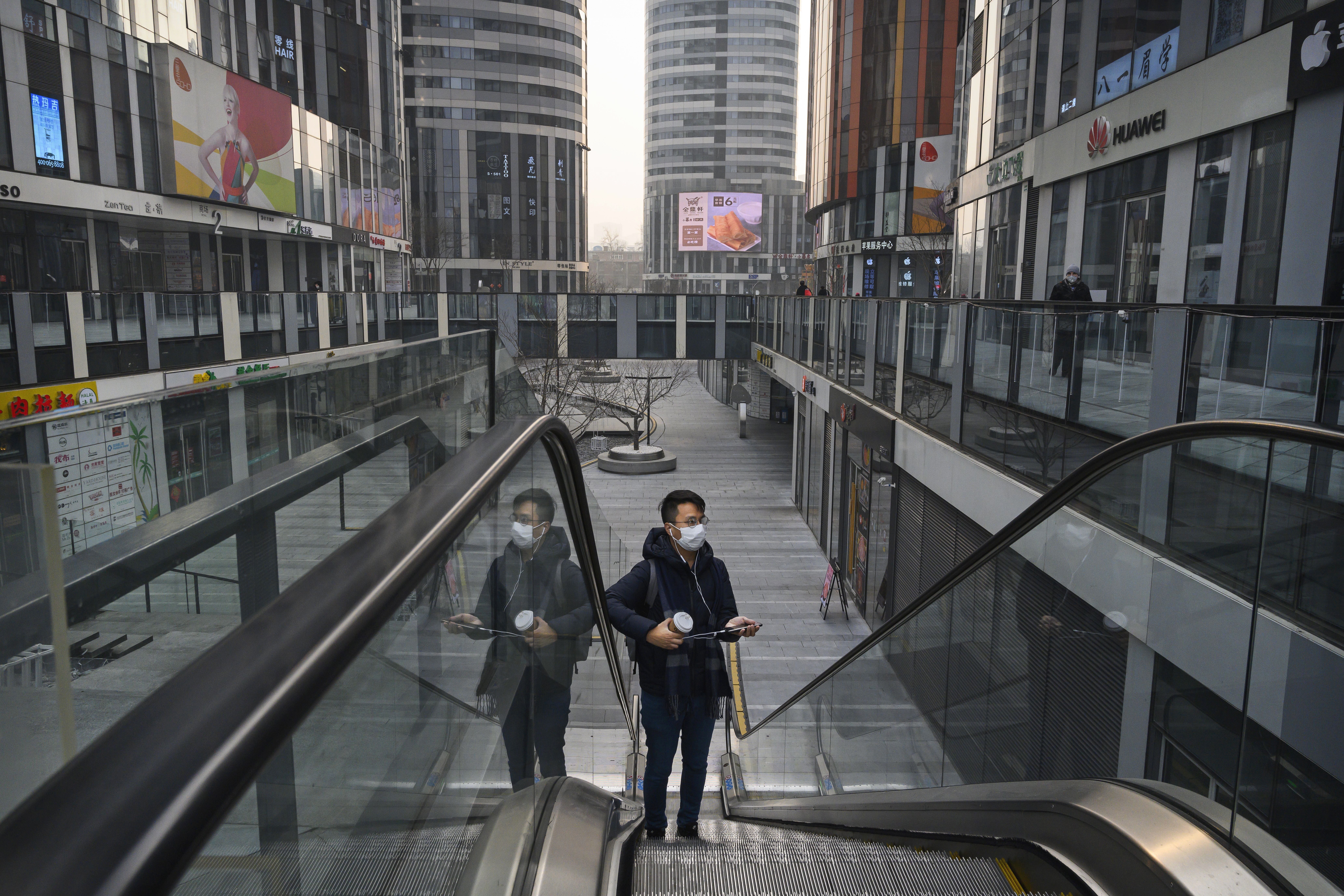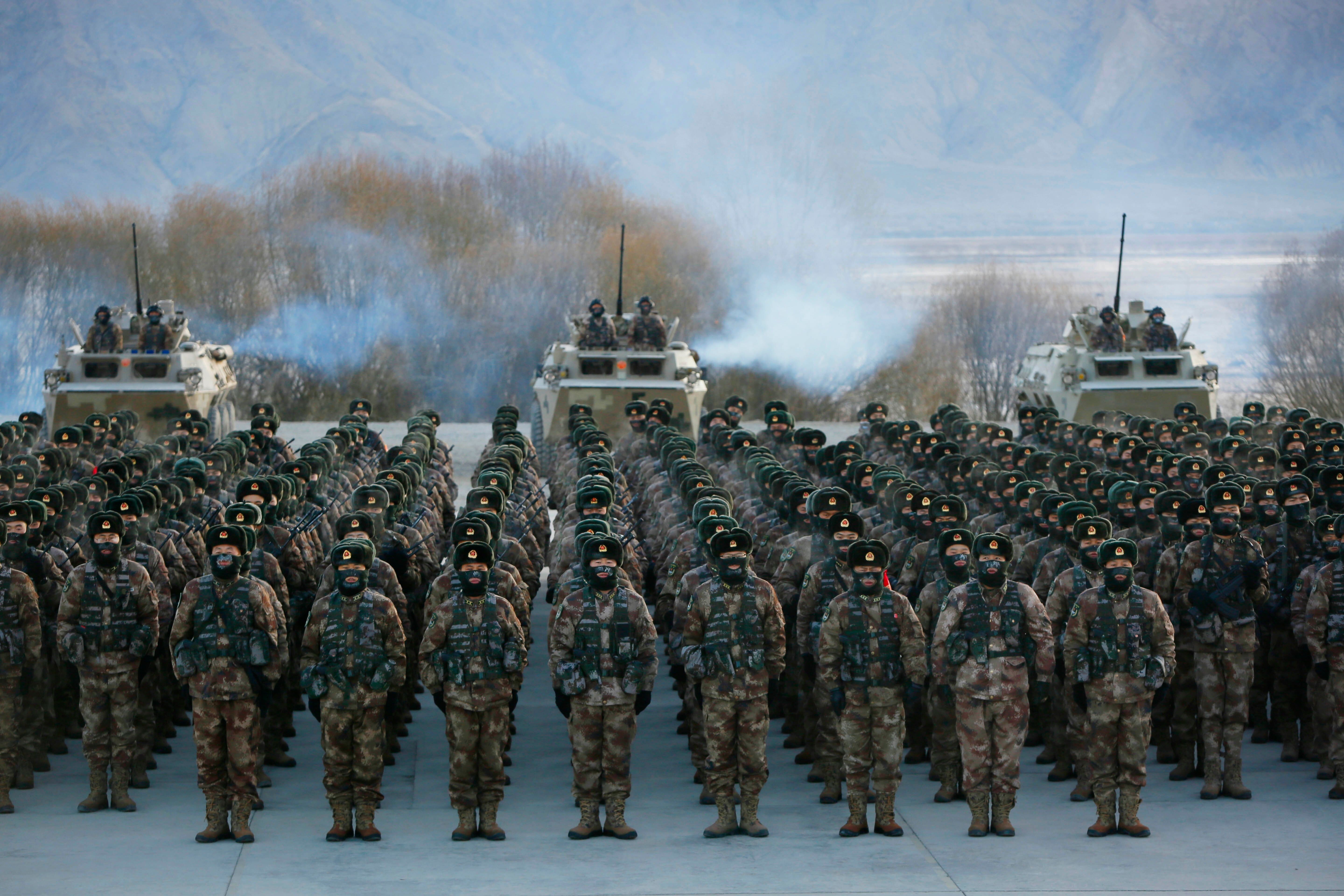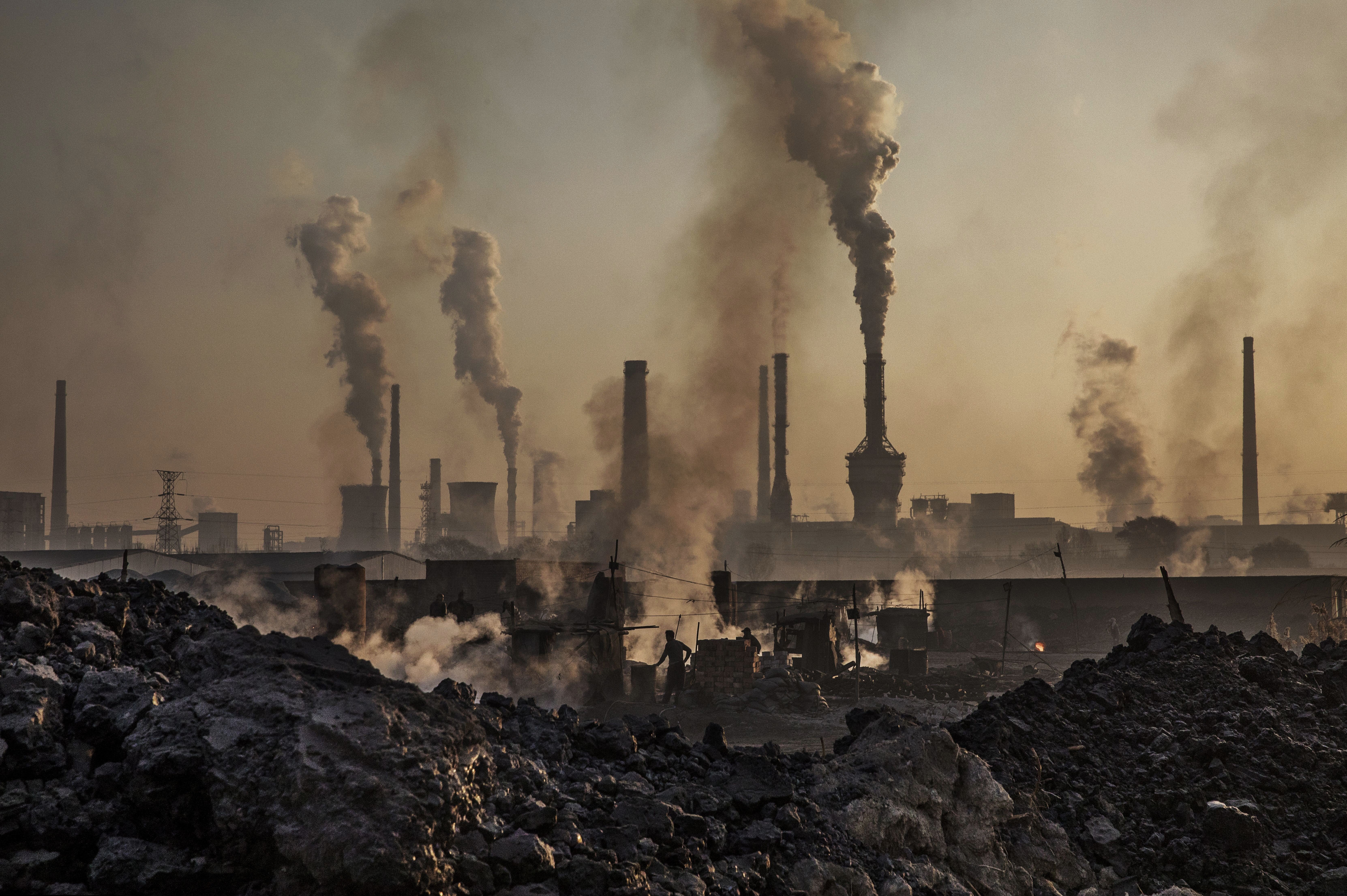TOPIC
Two Sessions 2021 (Lianghui): Top Priorities
Two Sessions 2021 (Lianghui): Top Priorities
Two Sessions refers to China's annual parliamentary meetings, where the two main political bodies of China - the National People's Congress (NPC) and the National Committee of the Chinese People's Political Consultative Conference (CPPCC) - reveal plans for China's policies involving the economy, military, trade, diplomacy, the environment and more.
Advertisement
Advertisement
Advertisement
Help preserve 120 years of quality journalism.
SUPPORT NOWAdvertisement
Advertisement
Advertisement
Advertisement
Advertisement
Advertisement
Advertisement
Advertisement
Advertisement
Advertisement
Advertisement
Advertisement
